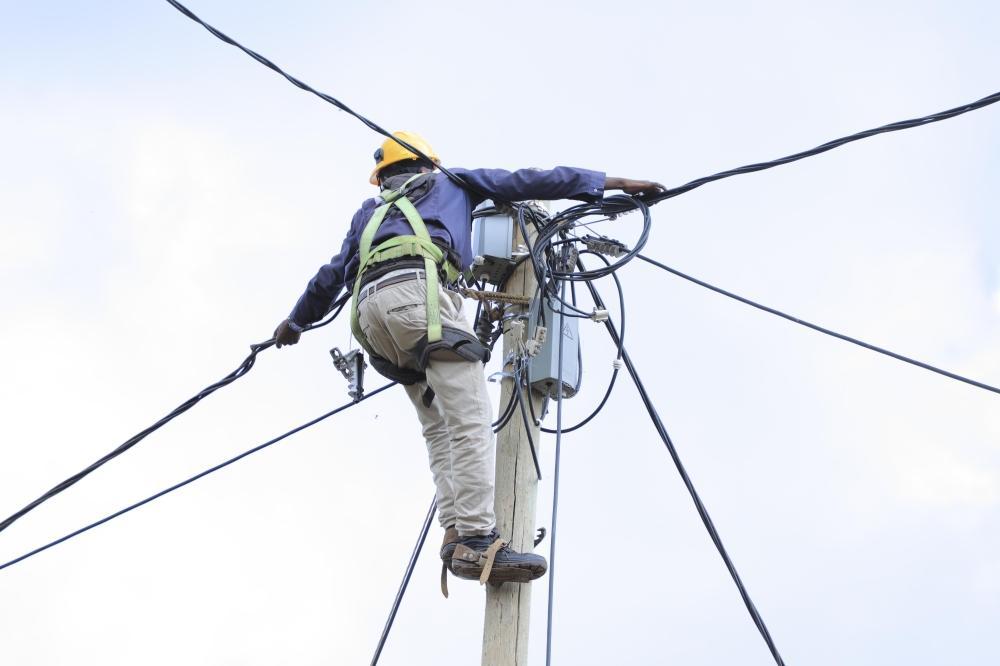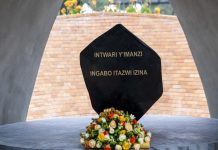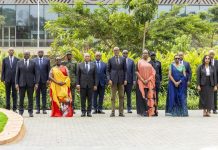Africa-Press – Rwanda. Members of Parliament have urged the Ministry of Infrastructure to urgently address growing financial losses at the Energy Utility Corporation Limited (EUCL), a subsidiary of Rwanda Energy Group (REG), within a one-year timeframe.
EUCL, which is responsible for providing energy utility services across the country, has been incurring heavy losses mainly attributed to expensive power purchase agreements signed with independent power producers (IPPs).
These deals require the government to buy electricity at high rates and sell it to consumers at subsidised tariffs, creating persistent financial deficits.
The call to action was among several key recommendations adopted by the Chamber of Deputies on August 5 during the approval of the Public Accounts Committee (PAC)’s report, which reviewed findings by the Auditor General for the 2023/2024 fiscal year.
According to the report, EUCL failed to achieve its 2018–2024 strategic goal of becoming financially viable. Instead, the utility’s losses escalated sharply from Rwf3.1 billion in 2018 to a projected Rwf47.5 billion in 2024.
MP Marie Therese Uwizeye questioned the sustainability of relying on costly electricity from private producers, advocating instead for increased investment in government-owned generation projects.
“Why can’t we prioritise government-led energy projects to resolve this problem rather than continuing to bear these losses?” she asked.
MP Alice Muzana echoed similar concerns, noting that EUCL’s financial health had steadily deteriorated over the past seven years, despite repeated efforts to increase revenue from electricity sales. She called on the Ministry of Infrastructure to craft practical and lasting solutions.
PAC Chairperson Valens Muhakwa attributed the bulk of the losses to the current structure of power purchase agreements with IPPs.
“The government is buying electricity at a high cost and selling it cheaply to citizens. That imbalance is a major source of the losses,” he said, adding that a review of these contracts is urgently needed.
Sector ambitions
The Ministry of Infrastructure’s Energy Sector Strategic Plan (ESSP II) for 2024–2029 outlines targets to expand electricity access, stimulate economic growth, and improve living standards through increased energy investment.
The plan aims to boost national power generation capacity from 400 MW in 2023/24 to over 410 MW by 2025/26 and 615.3 MW by 2028/29.
During the first National Strategy for Transformation (NST1) from 2016/17 to 2023/24, Rwanda saw major progress in electrification.
Household electricity access rose from 34 per cent in 2016/17 to 76.2 per cent.
As of February 2025, Rwanda Energy Group data showed a household connectivity rate of 82.2 per cent—57.4 per cent through the national grid and 24.8 per cent via off-grid systems, mainly solar.
Under ESSP II, the government plans to connect over 1.1 million more households to the grid and raise access to electricity for productive use from 86 per cent in 2023/24 to 100 per cent by 2028/29. This is expected to stimulate economic activity, encourage entrepreneurship, and enhance livelihoods nationwide.
For More News And Analysis About Rwanda Follow Africa-Press






